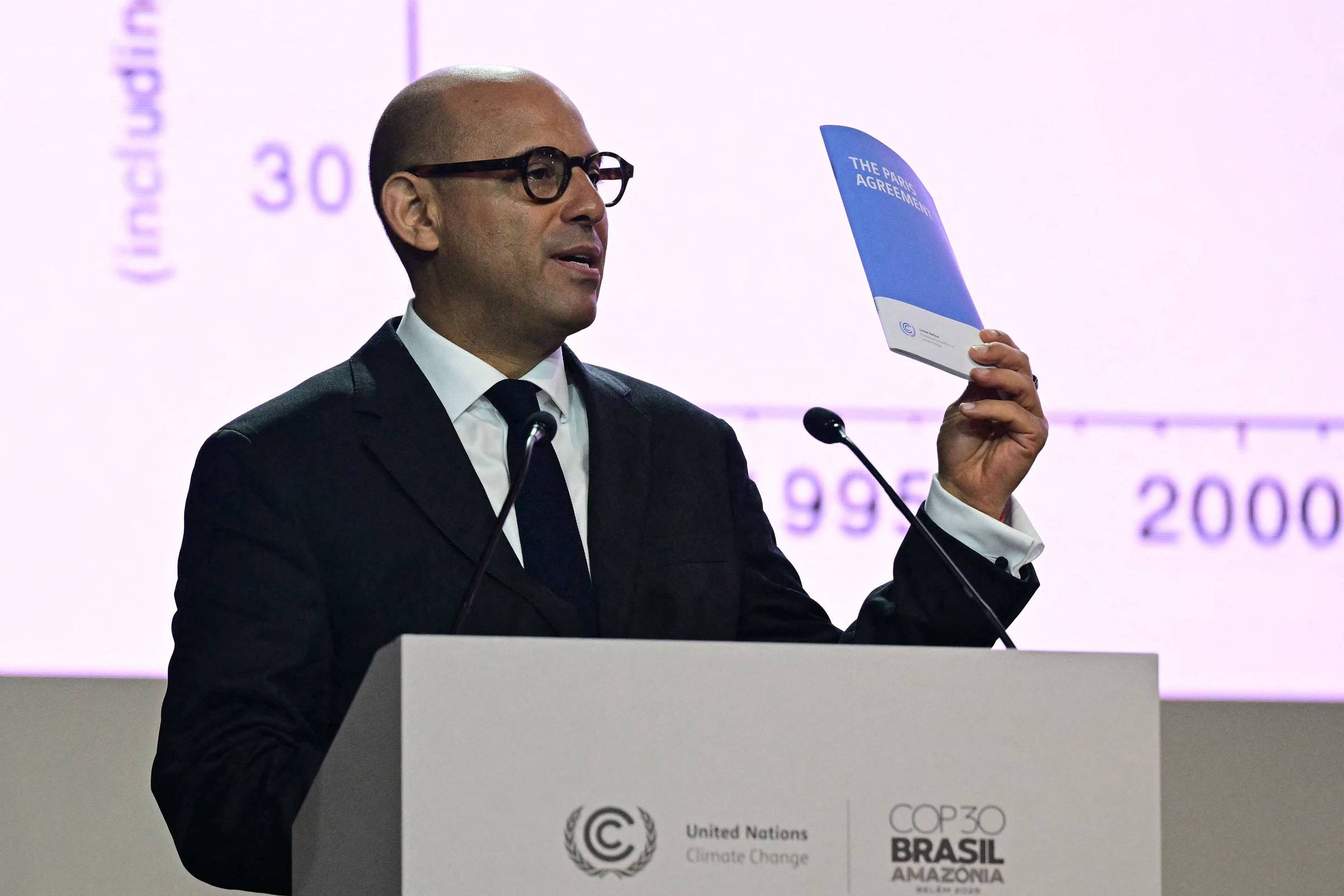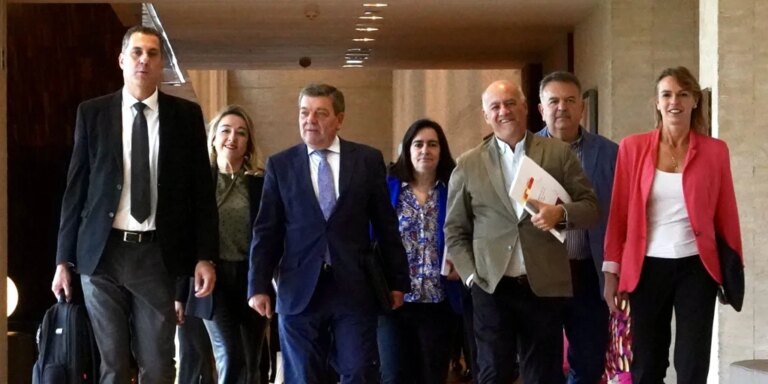
On the first day of the United Nations Climate Change Convention COP30, the number of climate change targets, so-called NDCs (English acronym for Nationally Determined Contributions), reached 110, according to a study by the Climate Monitoring Platform. This total represents 71% of global greenhouse gas emissions.
The number jumped this Monday (10), mainly due to the inclusion of 27 European Union countries on the list. Until Friday (7th), only documents from economic zones were counted. The EU’s NDC is valid for all countries in the bloc that submit separate copies of the same document.
National plans are a Paris Agreement decision and must be updated every five years by the 195 signatory countries. However, only a few governments met the original UN deadline of February, and extending the deadline to September was not enough.
Of the current 10 biggest polluters, India, Iran and Saudi Arabia have yet to submit their national plans to the UN’s climate change arm, the UNFCCC.
The agency also released an update on its analysis of climate goals achieved this Monday. The report considers 86 NDCs sent by 113 countries party to the Convention (i.e. the European Union’s targets are only counted once).
Based on the document, the UNFCCC estimates that if the targets are met, carbon emissions should fall by about 12% by 2035 compared to 2019 levels. This is well below the 60% reduction considered necessary to limit global warming to 1.5°C by the end of this century.
Nevertheless, the report notes that the scenario would have been even worse without the measures adopted in the past decade. “This compares with projected increases in emissions of 20% to 48% in 2035, prior to the adoption of the Paris Agreement,” the text says.
The synthesis of NDCs already submitted will serve as the basis for COP30 climate change negotiations over the next two weeks.
The gap between the required emissions reductions and the lack of ambition in countries’ commitments is one issue that can be included on the formal negotiation agenda. The request for inclusion of this topic was made by the Small Island States bloc, which are some of the countries most affected by rising temperatures.
But this is one of the most contentious points on the agenda. A decision on this and other points of disagreement must be reached by Wednesday (12th).



